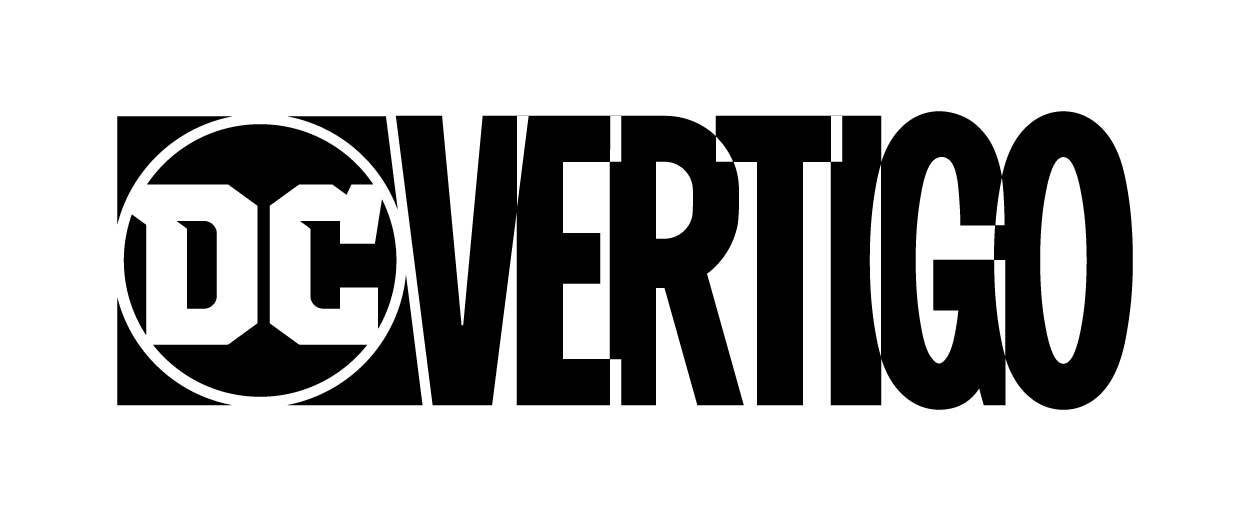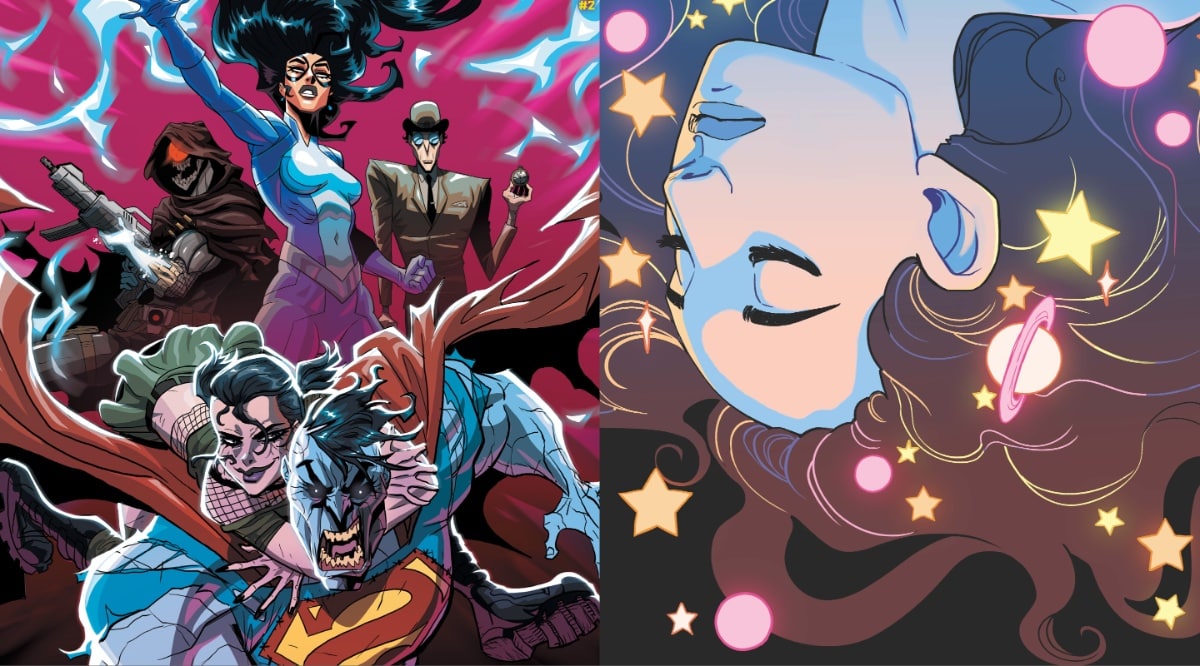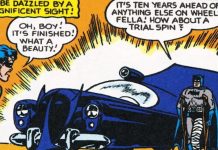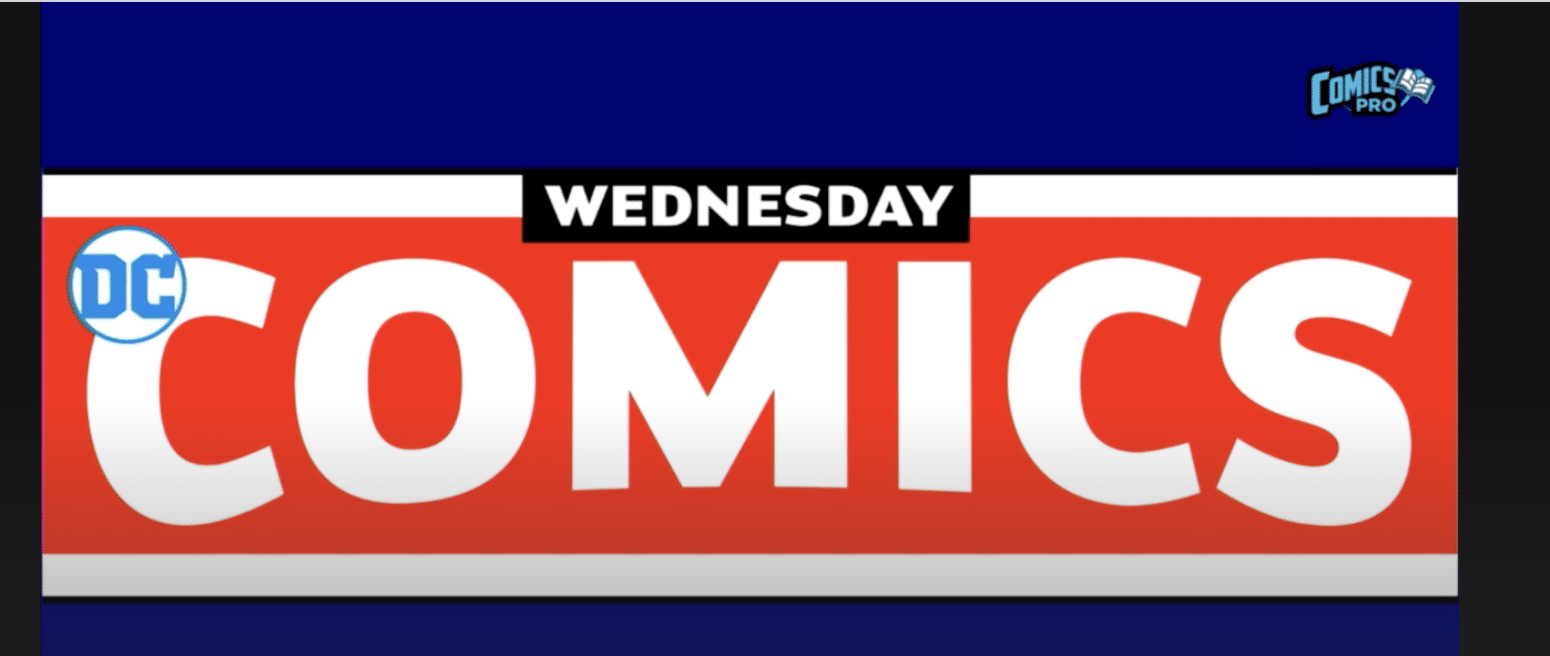Vertigo is closing its doors, per a Friday announcement from DC. It’s heart wrenching news for a medium losing one of its seminal publishers, sending swathes of fans, critics and creators to Twitter to voice their reactions. Some are honoring their favorite Vertigo titles, some take pride that they were part of the movement. Creators working there currently address their series and others can’t help but critique the decision. For a full rundown of the news, you can check out our coverage, but for now, here’s a selection of the many, many thoughts on Vertigo’s finale.
Most creators, whether they worked under the imprint or not, were hugely shaped by a Vertigo title at some point, as Jody Houser points out.
https://twitter.com/Jody_Houser/status/1142107211792994305
Of course, she’s not wrong, as many other creators point out.
I cannot express how proud I am to have been a tiny part of Vertigo. And while my creator owned work like American Vampire will continue under Black Label, I just want to take a second and thank everyone who made Vertigo what it was…
— Scott Snyder (@Ssnyder1835) June 21, 2019
My life very literally wouldn't be where it is now without #Vertigo. B/c it did more than change the face of #comics, it made sure everyone there knew they were part of a family. Gutted to see it go, honored to have been a small part of it
— Pornsak Pichetshote (@real_pornsak) June 21, 2019
The comics that made me want to be a writer were Vertigo books. My first job in comics was as an editorial intern at Vertigo, working under @sxbond around the release of Fables 100. I still have more Vertigo trades on my shelf than Marvel (and I have a lot of Marvel Trades).
— James Tynion IV (@JamesTheFourth) June 21, 2019
VERTIGO was my start at @DCComics and an obsession as a longtime reader of the books under its wing.
But I applaud the move to clarify the brands. There is no greater product killer in this era than confusion.
— Mitch Gerads (@MitchGerads) June 21, 2019
Those early Vertigos are like the orange spine Penguins — timeless, perfectly perfect books. My shelf (and myself) wouldn't be the same without them. Let's all raise a cup of moonglow to old friends who made our lives better. Goodbye, Vertigo. You were good to us. https://t.co/kkLGmHFKAp
— Joe Hill (@joe_hill) June 21, 2019
Goodbye, @vertigo_comics. I don't think I'd be in comics if it weren't for those books. Deep thanks to the pioneering @karenpberger and all the editors and creators that made it such an inspiring place.
— Cliff Chiang (@cliffchiang) June 21, 2019
Sad to see Vertigo going. I always hoped I’d get a Vertigo book one day. (Tho they did publish a short of mine) I suppose however that in a way my dream can true already working with Karen Berger on Invisible Kingdom. A rose by any other name….etc
— Christian Ward (@cjwardart) June 21, 2019
Speaking of the legendary editor Karen Berger…
http://twitter.com/karenpberger/status/1142138803227787264
Rob Sheridan (High Level) and Zoë Quinn (Goddess Mode), both currently working for Vertigo, gave their thoughts as well.
Everyone’s asking me about the DC/Vertigo news and what it means for High Level. I don’t really know much more than what’s been reported, It’s a corporate/strategic plan to bring everything in under the DC brand umbrella, but it does NOT affect High Level! https://t.co/IgO5iGpxB9
— Rob SCARE-idan Wears A Mask #BLM #ArtIsResistance (@rob_sheridan) June 21, 2019
Vertigo meant so much to me as a young comic reader, and again as a fledgling comic maker. I’m sad to see it go, but I’m honored I got to be a part of it before the brand merging, especially amongst everyone else in the last relaunch under the Vertigo name https://t.co/3arHJQyxNm
— zoë “leonardo doujinshi” quinn (@UnburntWitch) June 21, 2019
Lilah Sturges (Lumberjanes) hopes to bring some levity (and free pizza) to the conversation.
To celebrate Vertigo comics, let's do a Vertigo #transpizza! If you are trans and want pizza, reply here with your favorite Vertigo title. I'll pick a winner at random and send them $20 via PayPal for pizza! You have two hours.
— Lilah Sturges, Kindness Lady (@LilahSturges) June 21, 2019
And Trungles (Twisted Romance) is unafraid to ask the question many fans are wondering.
When I think "Vertigo" I think of rad editors and writers and artists who made work that expanded my conception of comics when I first started reading them. When I think "DC Black Label," all I know about it is people got really fussy about Batman's penis.
— Trung Lê Capecchi-Nguyễn (@Trungles) June 21, 2019
Chris Conroy, DC cover artist, is here to wrap things up on a light note, urging Vertigo stans to keep their heads up.
This was the first cover I commissioned for the SANDMAN UNIVERSE line, and while I didn't know at the time, it became a prophecy. We're soldiering on, just in a new galaxy. And we've got something VERY exciting coming for the second year of the books… you'll hear soon! pic.twitter.com/ikmcNYwwab
— Chris Conroy (@ConroyForReal) June 21, 2019









Chris Conroy is an editor, not a cover artist.
Like most people, the only Vertigo books I read were Neil Gaiman’s Sandman, Books of Magic, and Sandman Mystery Theater.
I honestly couldn’t tell you the names of any other titles beyond those and Constantine.
Vertigo was revolutionary. Porting over to a freshly painted Black Label imprint is ok, but there’s a part of me that’s really sad about this. I knew the writing was on the wall when A. Image offers a better deal for creators, B. a few years back when the bean counters altered the terms of creator-owned titles, and C. Karen Berger left. No one has come close to what she put together.
I probably would have been sadder a few years ago, but I think everyone knew that the end was near. I mean, a book as universally heralded as “Astro City” was selling less than 20,000 copies a month, and there were actually a small group of “superhero purists ” who wouldn’t buy the book because there was a Vertigo logo on the cover. I feel like “Bordertown” was the straw that broke the camel’s back– finally the first legit (non-Sandman) hit for the imprint in quite some time, then the revelations about what a horrific scumbag the author is came out, resulting in the book’s cancellation. It was like no matter what, the imprint was just cursed. (I really like “American Carnage”, though, and have heard great things about “High Level”.)
Vertigo will always have a special place in my heart. They created the first comics I ever truly fell in love with, and I was lucky enough to intern there back in college. But it never was the same after it stopped having creator-friendly terms – I don’t know if that was cause and effect or both symptoms of some other cause.
Its legacy lives on, though. Not just the books themselves, but the outsized impact Vertigo books and storytelling have had on American comics. I honestly think it would be hard to overestimate that influence. Image, Dark Horse, the edgier sort of genre comics… You just see bits of that Vertigo DNA so many places, and we’re all richer for it.
“Like most people”? Molly, you don’t speak for everyone whatsoever. Speak for yourself. I never read Sandman or Books of Magic but read plenty of other Vertigo titles and I know dozens of people who did the same.
” I know dozens of people who did the same.”
Dozens of people aren’t enough to keep Vertigo profitable. The audience for mature comics was never that big. Many creators who did work for Vertigo, Fantagraphics, and other high-brow comics did so without making much money. When the British creators who defined Vertigo left it, it had a lot of trouble finding high quality writers and eventually tried to rebrand itself as a explicitly political imprint… which failed miserably.
The talent t and the readers do not exist anymore because we see former Vertigo creators selling a lot fewer comics than they used to at places like Avatar Press, Image, etc.
“. Porting over to a freshly painted Black Label imprint is ok, but there’s a part of me that’s really sad about this”
That’s your privilege showing.
The reason you’re sad is because you realize you are getting old, what you like will most likely be erased and forgotten.
Face it tiger, there’s a new generation of creators and readers out there who want their mature themes delivered through a Young Adult graphic novel rather than some a comic marketed towards adults.
Sure, some of them are adults but they see themselves as “young adults”.
“Its legacy lives on”
Unlikely. It will die and be forgotten.
“the outsized impact Vertigo books and storytelling have had on American comics. ” No one really tries to make well-written comics, anymore but they do try to make comics that are failed movie pitches and tv show pitches. Not really the same thing,
The creators at Image have more in common with Warren Ellis approach to comics than what Vertigo was known for in let’s say 1994.
The las alleged hit of Vertigo, Bordertown
reflects an industry-wide strategy of making politically themed comics–okay progressive comics aimed at academia–which doesn’t make it or Vertigo special anymore.
“villalobos
@RamonVillalobos
This is the second time I’ve heard of teachers using border town in classrooms which is pretty night. I’ve always thought I should be studied.”
https://twitter.com/RamonVillalobos/status/1039964108425064448?ref_src=twsrc%5Etfw%7Ctwcamp%5Etweetembed%7Ctwterm%5E1039964108425064448&ref_url=https%3A%2F%2Fwww.comicsbeat.com%2Fbreaking-vertigos-border-town-1-goes-back-to-print%2F
I don’t think Vertigo can take the credit for why most comics tackle serious social themes anymore. Critics have been clamoring for more socially relevant material as far back as the late 1970s.
Vertigo’s role of showcasing magical realism or the layered literary approach to making genre fiction has been forgotten.
No, we’re sad because something genuine and special has been lost. It’s been pretty much lost for a while, sacrificed to corporate thinking and the bottom line, but we were hoping against hope it would hang on anyway.
You’re not sad because you found a funeral you could let out a loud, wet fart in, and that’s the kind of asshole maneuver that brings you joy.
“You’re not sad because you found a funeral you could let out a loud, wet fart in, and that’s the kind of asshole maneuver that brings you joy.”
Judging by your overly emotional post, I will bet serious money that when things you don’t like are mourned you lash out at readers who lament over it for being privileged entitled, “too old” etc.
I wish I was wrong but I’m not.
Vertigo died a long time ago. It;’s only now that you recognize it as dead. Pretty insulting to people who actually liked the good stuff it put out in its heyday. You are simply are attached to the label–not what it stood for.
I can’t respect that.
I stand by my claim that ”
It has no legacy. It will be forgotten and I’ve stated the reasons why above.
Comments are closed.